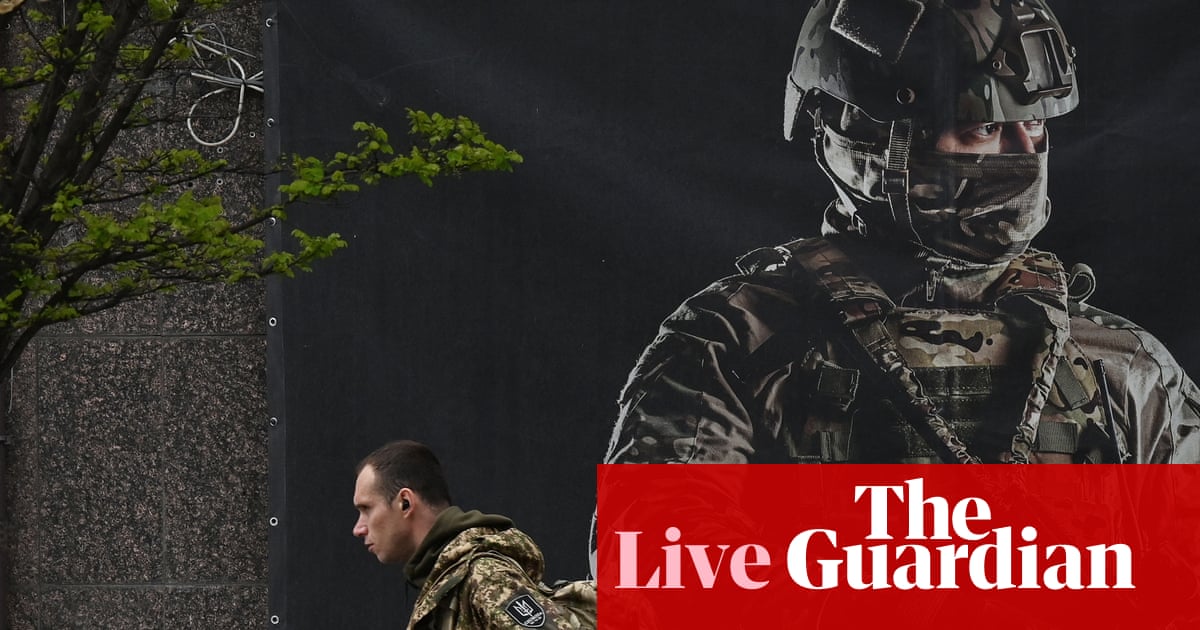
What is Russian strategy? And where is it headed? The lack of clear answers to these questions sparks the paranoia and phobias that dominate Western relations with Russia.
Before the 1990s, the Soviet Union had a certain ideology, clear goals and distinct interests that were visible worldwide. Soviet studies were in-depth, and there were good specialists helping governmental bodies build a proper dialogue with the USSR.
Since the collapse of the Soviet Union, the situation has changed. Studies of Russia have been in constant decline, and the number of advisers on Russia has been minimized. Russia was in a miserable condition, stepping down from the global stage, and interest in studying it declined.
When Russia returned to the world stage under the leadership of Vladimir Putin, the decision-making circles in the West were confronted by the problem that they knew nothing about the new Russia and had no one to ask, thus they acted ad hoc, without having a proper understanding. Phobias have been fueled and reflected in the West’s policies.
The problem that might be faced by any researcher and policymaker is related to Russia’s political doctrine and strategies. They are published in open resources, but they are not helpful in understanding Russia, its development strategies, where it is moving and what it wants.
The question of where Russia is going in terms of its development puzzles not only foreign researchers, but also Russians themselves
Maria Dubovikova
In Russia’s foreign policy, the Middle East is not a priority, though reality shows that with the challenges from Europe and the United States, the stakes in the Middle East are rising for Moscow. China tops its priorities, as Beijing and Moscow have been called the main threats to Washington; the two are forming the core of the resistance to the US hegemony.
The question of where Russia is going in terms of its development puzzles not only foreign researchers, but also Russians themselves. The government is preoccupied with attempts to form an ideology, based on patriotic feelings to reconcile society, but what is enough to reconcile society is not enough to show it the way.
The hostile approach of the West and sanctions are shaping Russia’s domestic policies. The unofficial but obvious arms race has filled Russian military production facilities with state orders, providing people with jobs. Furthermore, Russia is linking its future and position with the world stability and multipolarity, as global coexistence with several dominant powers is a must for the stable development of the country.
Until Putin’s Munich speech in 2007, Russia was open for cooperation and open to dialogue. But American meddling in the domestic affairs and elections of Russia’s neighboring countries, and the further expansion of NATO, pushed the bear to show its teeth. Russia was no longer interested in tolerating ties when it was pushed to hear and consider while being unheard and ignored.
Russia needed to be heard. Raising its voice, it forced the others to listen and take its interests into consideration. Its declarations became actions, and while its counterparts at first closed their ears, when they saw Russia’s actions they were furious. But everything would have been much easier if the country had been listened to from the beginning.
Maria Dubovikova is a prominent political commentator, researcher and expert on Middle East affairs. She is president of the Moscow-based International Middle Eastern Studies Club (IMESClub). Twitter: @politblogme
Disclaimer: Views expressed by writers in this section are their own and do not necessarily reflect Arab News" point-of-view












